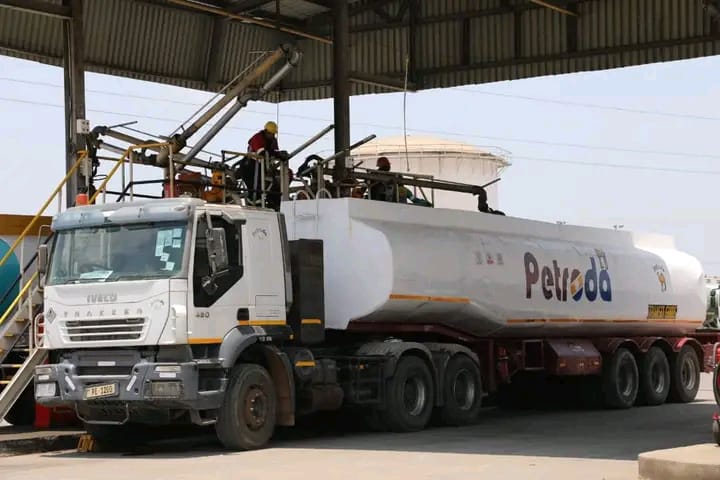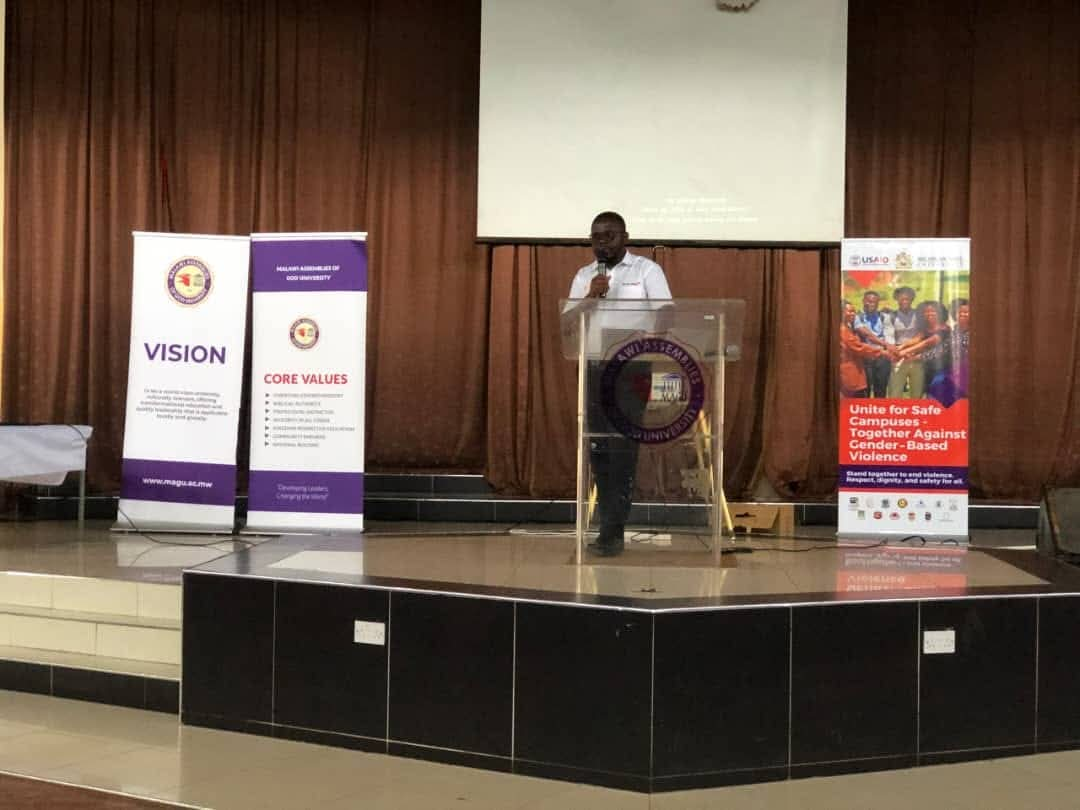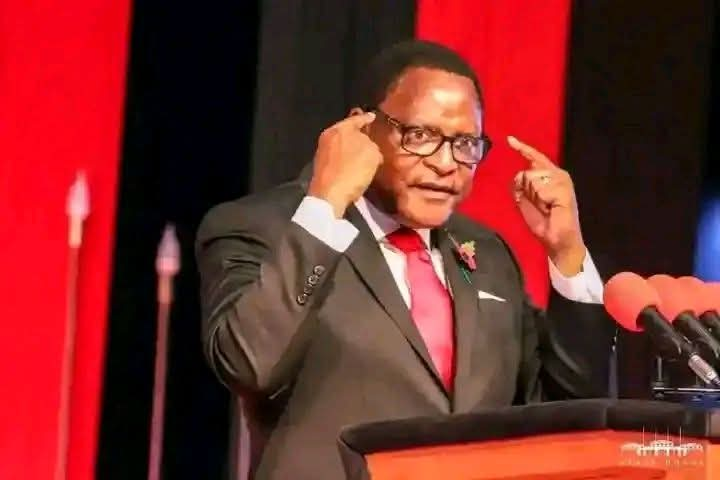By Burnett Munthali
Amid Malawi’s ongoing fuel crisis, the government recently signed a Memorandum of Understanding (MoU) with Kenya aimed at facilitating fuel importation. While the move has been hailed as a potential solution to the country’s critical fuel shortages, insiders have revealed concerns about the lack of transparency and inclusivity in the negotiation process, particularly the exclusion of key stakeholders from Capital Hill.
The MoU, signed in Nairobi earlier this month, is intended to establish a framework for importing fuel from Kenya. However, sources within Capital Hill confided in this publication that the process leading up to the agreement was marred by secrecy and the exclusion of essential policymakers and technical advisors.
One senior official noted, “For such an agreement, involving key policy stakeholders is critical. Leaving out officers from Capital Hill creates doubts about the government’s commitment to transparency and due process.”
The sidelined officers include representatives from the Ministry of Energy, the Reserve Bank of Malawi (RBM), and the National Oil Company of Malawi (NOCMA), all of whom play pivotal roles in policy formulation and resource allocation for the energy sector.
Experts have warned that sidelining key stakeholders could have long-term consequences, including poor implementation of the MoU and potential mismanagement of resources. Civil society organizations have also voiced their concerns, with some questioning the criteria used to select Kenya as Malawi’s partner in this venture.
“This MoU raises more questions than answers,” said a representative from the Centre for Social Accountability and Transparency (CSAT). “What criteria were used? Who is responsible for ensuring that the deal benefits Malawians and not just a select few?”
The contents of the agreement have yet to be made public, further fueling suspicions. Critics argue that the lack of clarity surrounding the terms of the MoU could lead to unfavorable outcomes for Malawi, particularly in light of the country’s dwindling foreign reserves and limited capacity to meet upfront fuel payment obligations.
Another insider disclosed that the Kenyan delegation included a wide range of stakeholders, including private sector representatives, while Malawi’s delegation lacked similar breadth. “Our approach seemed rushed and uncoordinated. This doesn’t inspire confidence in the deal,” they said.
The opposition has seized the opportunity to critique the government’s handling of the agreement, labeling it a “hasty, poorly-thought-out solution to a complex problem.” Some Members of Parliament have threatened to summon government officials to provide details about the MoU and explain why key stakeholders were excluded.
One MP remarked, “This government must be reminded that fuel is a strategic resource. Decisions around it cannot be made in boardrooms without accountability to the people.”
Amid these criticisms, energy experts are urging the government to revisit the agreement, engage stakeholders, and address the fuel crisis comprehensively. They warn that failure to include all relevant players could compromise the effectiveness of the deal and deepen public distrust.
For now, Malawians remain in the dark about the specifics of the Kenya fuel deal, with many hoping that the government will prioritize transparency and inclusivity moving forward. The nation’s energy crisis is far from over, and the success of this MoU depends on the government’s willingness to engage all stakeholders and operate with accountability.
What are your thoughts on the Kenya fuel import deal? Do you think the government is being transparent enough? Share your opinions with us.



